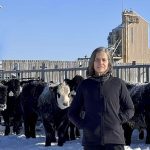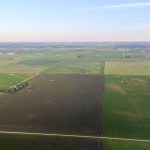The Canadian Food Inspection Agency was among the victims of an ice storm that struck Eastern Canada in early April. On April 6, the national agency announced it was experiencing delays in processing import declarations. The CFIA’s systems were functional, users of the online portal were told, and Canadians were urged to continue submitting information












